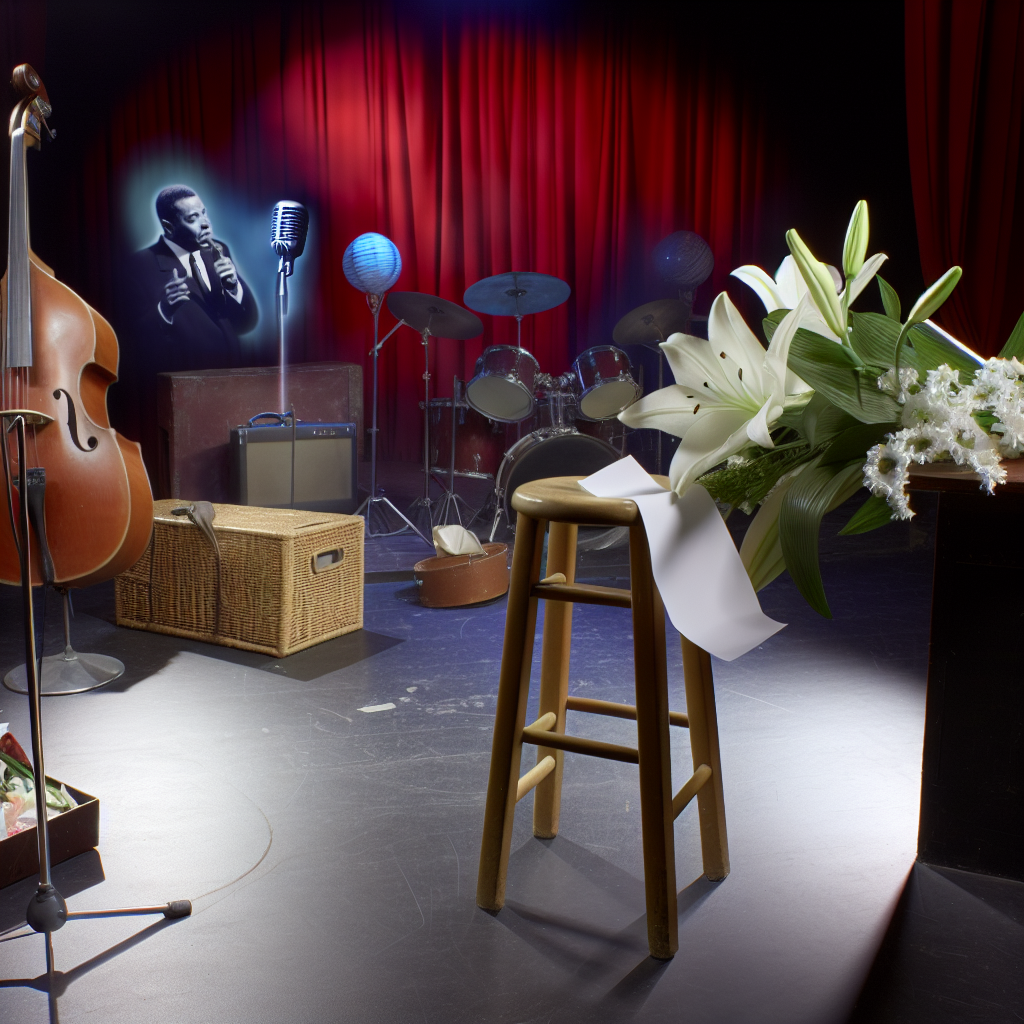
In the world of jazz and entertainment, few names shine as brightly as Cleo Laine. This article delves into the life, career, and recent passing of the legendary English singer and actress, known for her extraordinary scat singing and versatile talents. We explore her journey from humble beginnings to global acclaim, addressing the circumstances surrounding her death on July 24, 2025, at the age of 97. Through this, we honor her enduring legacy in music and theater.
Early Life and Path to Stardom
Born Clementine Dinah Hitching on October 28, 1927, in Southall, Middlesex, Cleo Laine’s early years were marked by diversity and movement. Her father, Alexander Sylvan Campbell, was a Black Jamaican World War I veteran who worked as a laborer and busked for extra income, while her mother, Minnie Hitching, was a white English woman disowned by her family due to their interracial relationship. This mixed heritage shaped Laine’s worldview and resilience, as the family frequently relocated, spending much of her childhood in Southall.
Laine’s education was modest; she attended Featherstone Primary School and later Mellow Lane Senior School in Hayes. From a young age, her mother encouraged singing and dancing lessons, fostering a passion that would define her life. By her teens, she worked various jobs—including as an apprentice hairdresser, hat-trimmer, librarian, and pawnbroker’s assistant—to support herself. It wasn’t until age 24 that she auditioned for John Dankworth’s group, the Johnny Dankworth Seven, marking the start of her professional music career. This partnership not only launched her into the spotlight but also led to her marriage to Dankworth in 1958, blending their personal and artistic lives seamlessly.
Her stage debut came with challenging roles, such as in Barry Reckord’s Flesh to a Tiger at the Royal Court Theatre, showcasing her acting prowess amid the 1950s new wave of British theater. These experiences built her versatility, transitioning from jazz bands to theatrical productions like Valmouth in 1959 and Show Boat in 1971, where she delivered a record-breaking 910 performances as Julie.
Musical Achievements and Lasting Collaborations
Cleo Laine’s career soared in the 1960s and beyond, with hits like “You’ll Answer to Me” cracking the British Top 10. Her 1964 album Shakespeare and All that Jazz, created with Dankworth, received critical acclaim for fusing literary classics with improvisational jazz. Together, they founded The Stables theatre in 1970, transforming their home’s old stables into a vibrant venue hosting over 350 concerts annually, nurturing new talent and preserving jazz heritage.
Internationally, Laine’s breakthrough came in 1972 with tours in Australia, followed by U.S. debuts at Lincoln Center and Carnegie Hall. Her scat singing, often compared to instrumental mastery, earned her a Grammy in 1983 for a live Carnegie recording. Collaborations with icons like Ray Charles on Porgy and Bess, James Galway, and even appearances on The Muppet Show in 1977 highlighted her adaptability across genres. She continued performing into her later years, touring Australia in 2005 and giving UK concerts as late as 2018, defying age with her vocal range and stage presence.
Her family life intertwined with her career; as mother to bassist Alec Dankworth and singer Jacqui Dankworth, she passed on her musical legacy. Knighted as Dame Cleo Laine in 1997, her honors reflected a lifetime of innovation in jazz, blending scat with classical and theatrical elements, influencing generations of vocalists.
Legacy Amid Her Passing
Cleo Laine’s death on July 24, 2025, at 97, came after a remarkable life that bridged racial divides and musical boundaries. While details of her final days remain private, her passing prompted global tributes, celebrating her as a trailblazer who overcame societal prejudices. The Stables theatre endures as a testament to her vision, and her recordings continue to inspire. In an era of fleeting fame, Laine’s story reminds us of the power of perseverance and artistry.
In summary, Cleo Laine’s journey from a Southall childhood to jazz royalty encapsulates resilience and talent. Her scat singing revolutionized the genre, while her theatrical roles and collaborations enriched global culture. Though her death in 2025 marks the end of an era, her legacy lives on through her music, family, and The Stables. Readers are encouraged to explore her discography, discovering the timeless voice that defied conventions and inspired countless artists.